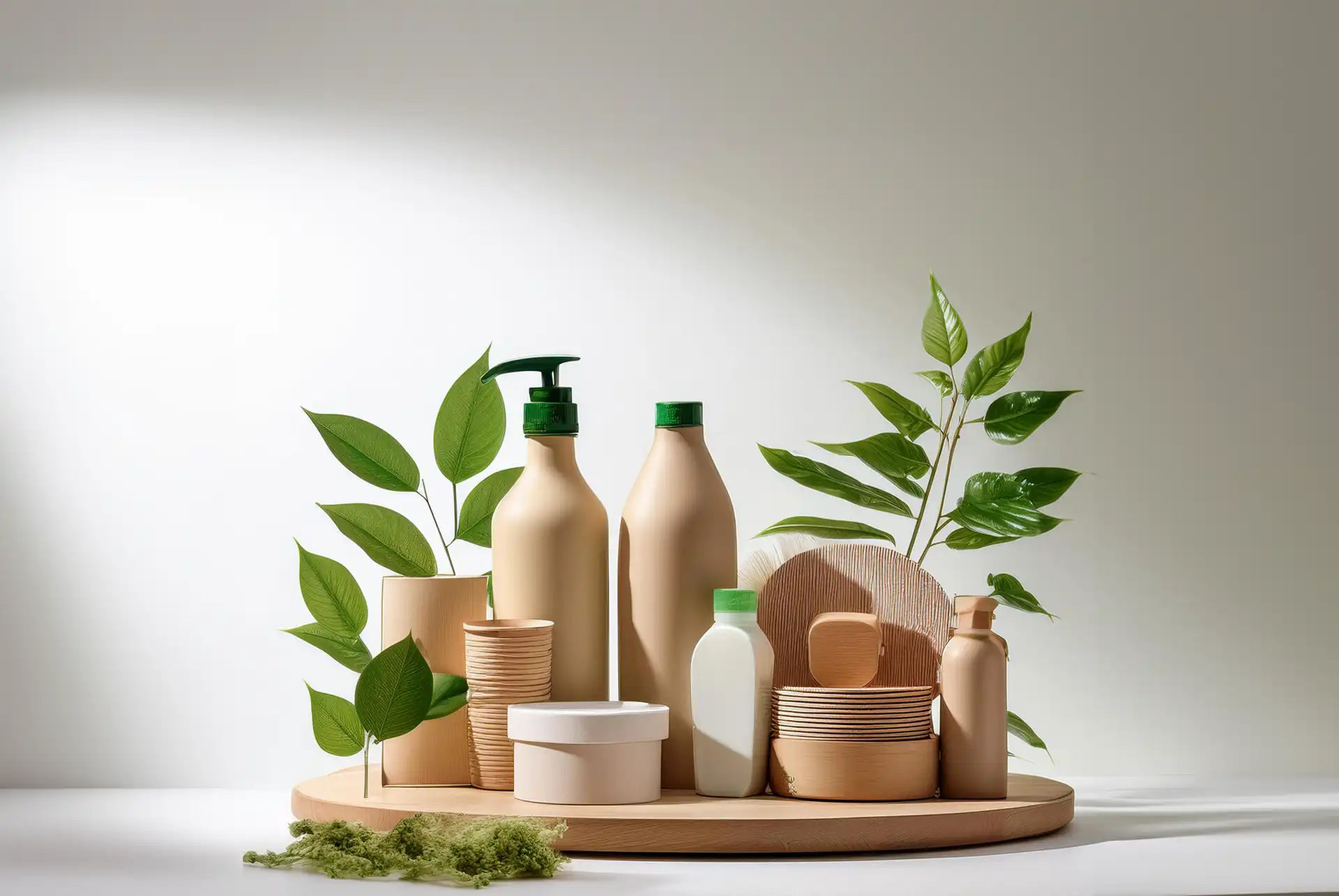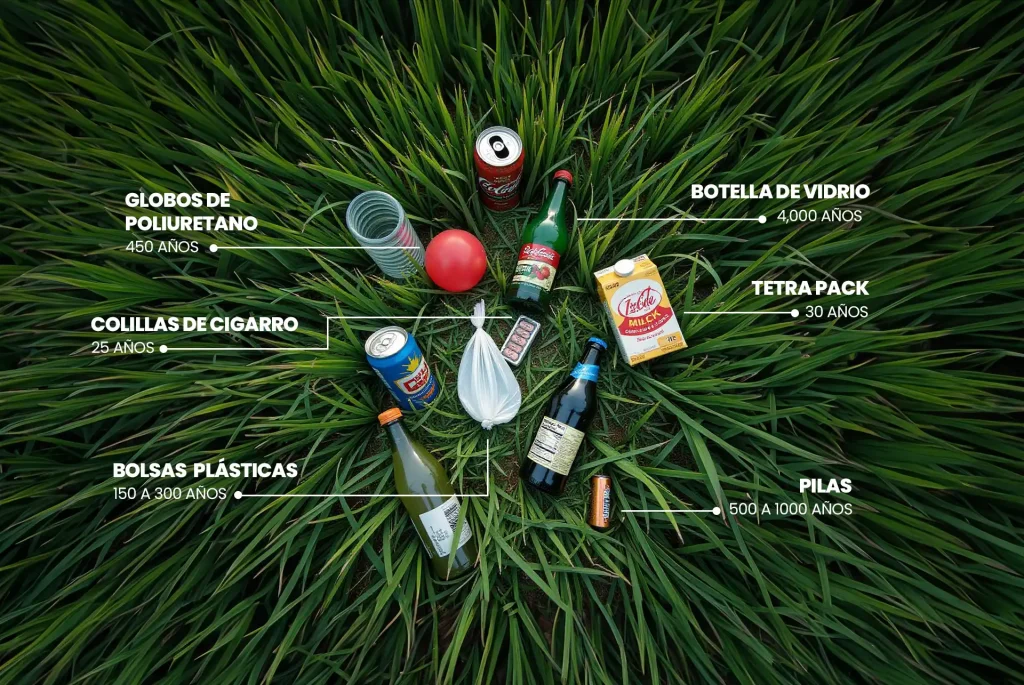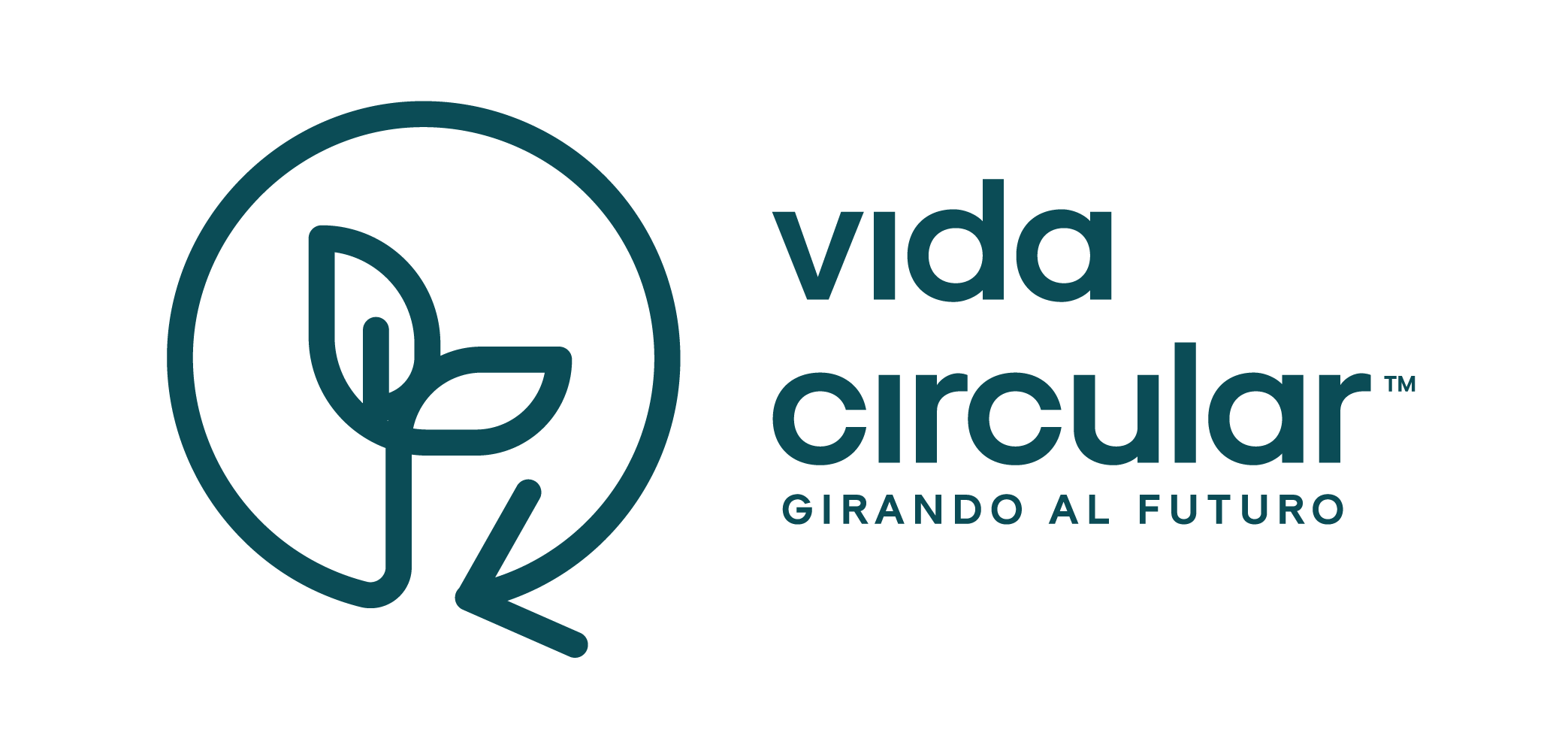
Biodegradable products, why are they essential today?
Biodegradable products are those that are easily decomposed by nature by microorganisms such as bacteria and fungi. Unlike conventional materials, they are quickly and safely reintegrated into the environment without leaving toxic residues.
While non-biodegradable materials, such as glass or certain metals, can take centuries to disappear, biodegradable ones do so in less time, depending on factors such as light, water and temperature. This natural process reduces the amount of waste and environmental impact.
Importance of biodegradable products
The use of biodegradable products is not just a trend, but a choice that makes a real difference to the environment and to our daily lives. We invite you to discover its importance below.
- Pollution reduction and ecosystem conservation
The use of biodegradable products reduces pollution more effectively, as they decompose naturally without accumulating in soils, rivers or seas. Unlike conventional products, they disappear without leaving harmful residues for the environment. - Energy savings in production
A key advantage is that the manufacture of biodegradable materials generally requires less energy than the production of synthetic materials. Because they are derived from natural sources, production processes are simpler and more efficient, reducing environmental impact at source. - Promoting a sustainable life cycle
The use of biodegradable products promotes a more sustainable life cycle. By coming from renewable sources, these materials allow us to close the natural cycle: what we take from nature returns to it safely, ensuring that the consumption consumption does not compromise the well-being of future generations. - Reduced dependence on non-renewable resources
By choosing biodegradable products made from plants and other renewable resources, we reduce our dependence on materials such as polystyrene, which require petroleum and other non-renewable resources. This contributes to the conservation of these resources for more responsible use in the future.
How long do traditional products take to degrade naturally?
We often do not think about how long it takes for the products we use every day to decompose. Many of them persist in the environment for centuries, negatively affecting ecosystems. To give you an idea, here are some striking examples:
- Glassbottles and jars: can take up to 4,000 years to disappear.
- Polyurethane balloons: about 450 years.
- Plastic bags: between 150 and 300 years, depending on the type.
- Aluminum cartons: about 30 years.
- Paper: by comparison, it takes only 265 days to degrade.
- Batteries: can take between 500 and 1,000 years.
- Cigarette butts: up to 25 years to disintegrate.
Information taken from Greenpeace 2024 and National Geographic 2023.
As you can see, what we use every day can have a lasting impact. Separating Our waste properly and allowing recycling plants to do their job is one of the best ways to conserve resources and protect our planet. Every small action counts toward a more sustainable future!

Examples of biodegradable products that you can find at home
You may not realize it, but there are many biodegradable materials in your home that, in addition to being functional, can decompose naturally and reduce our environmental impact. Many of them are in everyday use and often go unnoticed; here's how you can make the most effective use of them:Fruit and vegetable peels
Whenever we cook, fruit and vegetable peels become a valuable resource, as they decompose easily and are ideal for home composting.
If you have the space, starting your own compost is an excellent way to return nutrients to the soil and, at the same time, reduce the amount of waste you generate. It's a simple and effective way to close the consumption cycle.

Paper and cardboard
Paper and cardboard, materials that we use frequently, are biodegradable as they are composed of natural fibers. If we do not recycle them, they can also be composted. It is important to separate those contaminated with grease or food waste, as they are more suitable for composting than for recycling. recycling.
A properly separated and processed cardboard box can have a second life, either as new cardboard or as part of the compost that enriches your plants.

Furniture and kitchen utensils
Wooden kitchen utensils, such as spoons, cutting boards and spatulas, are becoming increasingly common. These products, besides being durable and functional, decompose naturally at the end of their useful life.
In addition, wooden furniture, such as tables, chairs and shelves, not only add warmth and a natural look to your home, but they are also biodegradable. Although these furnishings can last for decades with proper care, when it comes time to replace them, they decompose much faster than other materials, such as metal.

Biodegradable products examples that you will find in stores
When you think of biodegradable products, you may think of materials like paper or cardboard. But in reality, there are many alternatives that are already available in stores and make a big difference. Here are a few that you can easily find and start integrating into your everyday life:
By understanding the importance of separating and recycling correctly, we are contributing to a more sustainable system, where recyclable materials are not just waste, but valuable resources that can have multiple useful lives. Ultimately, recycling these materials is a key part of building a more environmentally responsible and balanced future.
Advantages of biodegradable products
Choosing biodegradable materials goes beyond being an ecological trend, it has concrete benefits for both the environment and our quality of life. Here are some of the main advantages of choosing biodegradable products:
Reduced environmental impact
One of the main benefits of biodegradable products is their ability to break down quickly and naturally. Unlike conventional materials, which can take centuries to degrade and release toxic substances in the process, biodegradables disintegrate without leaving harmful residues.
Reduction of landfill waste
Biodegradable products, by decomposing more quickly, significantly reduce the accumulation of waste. This not only reduces pressure on landfills, but also contributes to the reduction of greenhouse gas emissions generated by landfills. In short, less waste in landfills translates into less environmental pollution.
Supporting the circular economy
Instead of following the traditional "use and dispose" model, these products promote a more responsible use of resources. Their ability to decompose and reuse favors a more efficient life cycle, which not only benefits the environment, but also generates economic opportunities by driving innovation and the development of sustainable technologies.
Composting for a complete cycle
Many biodegradable materials offer the added advantage of being compostable, which is especially beneficial for agriculture and gardening. Compost improves soil quality and reduces reliance on chemical fertilizers. In this way, we not only manage our waste more efficiently, but also return nutrients to the ecosystem, closing a completely natural life cycle.

Conclusion on biodegradable products
At the end of the day, preferring biodegradable products is a small gesture that can have a big impact. It is not necessary to change all our habits overnight, but starting with small conscious decisions, such as choosing products that respect the natural cycle, is already a step in the right direction. The important thing is that, with each choice, we are contributing to a healthier and more balanced future for everyone.
So, next time you have the choice, think about how that small decision can help take care of the planet. You are not alone in this journey, and every gesture counts, so go for biodegradable products and be part of the change!




